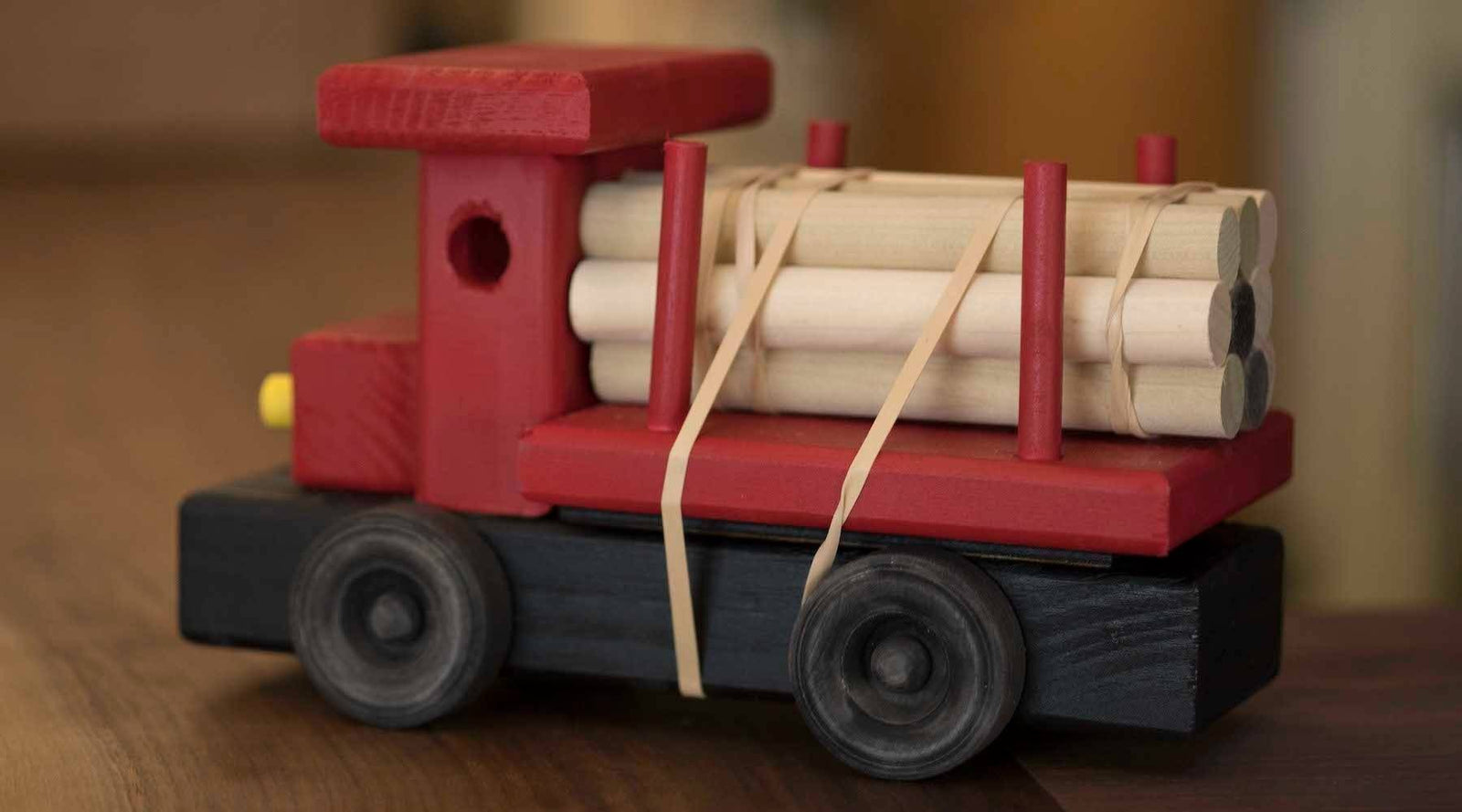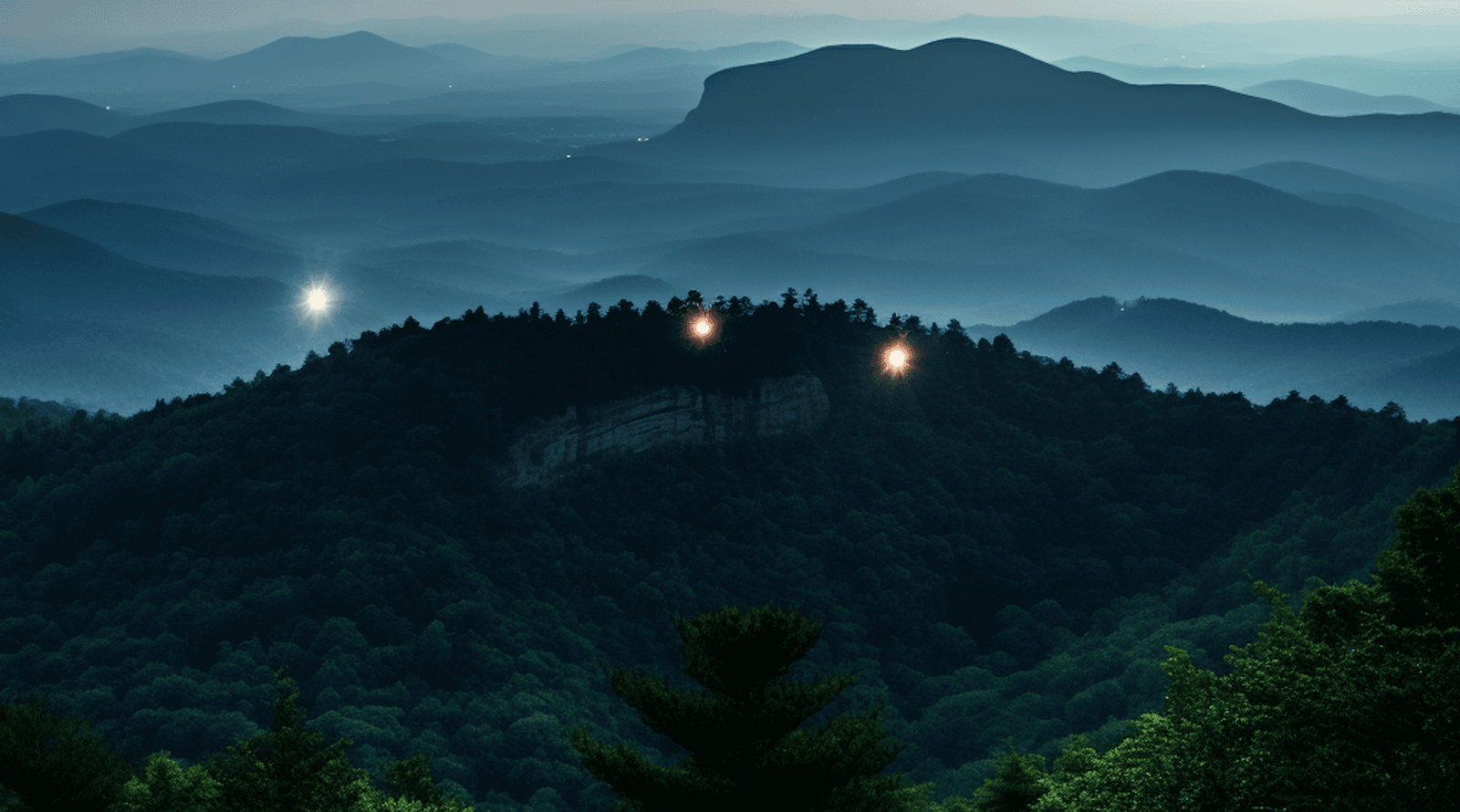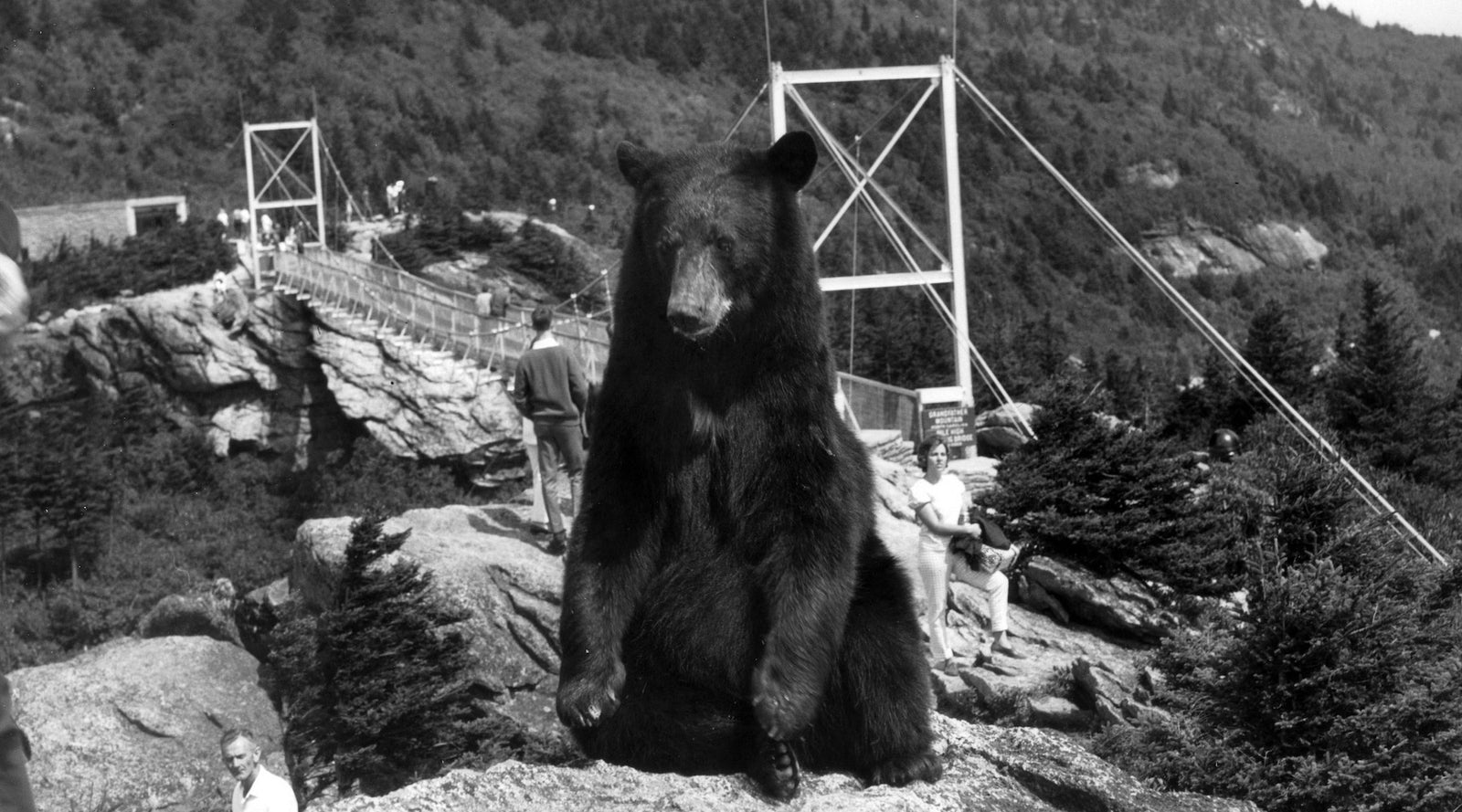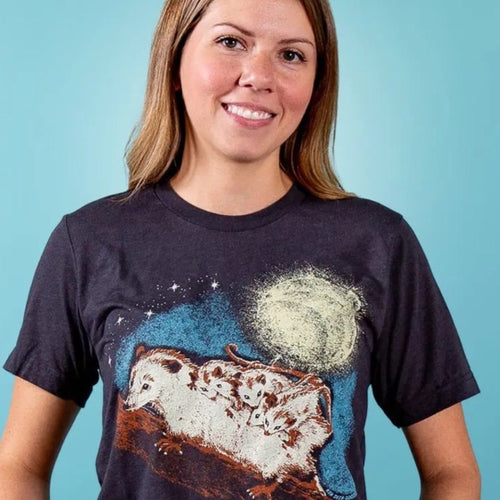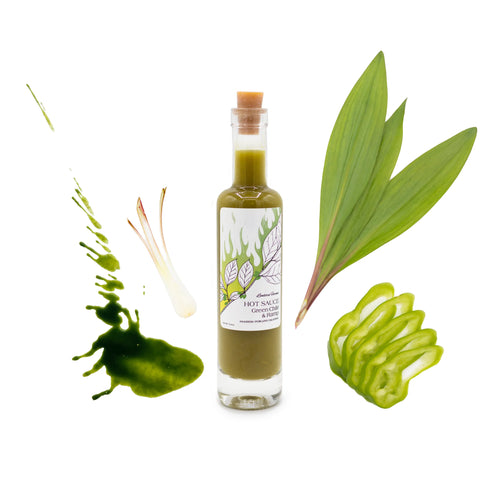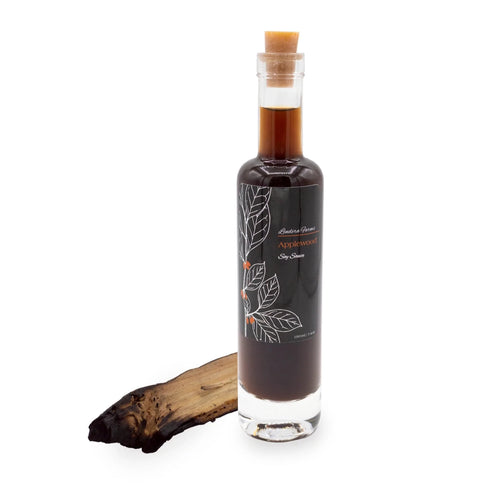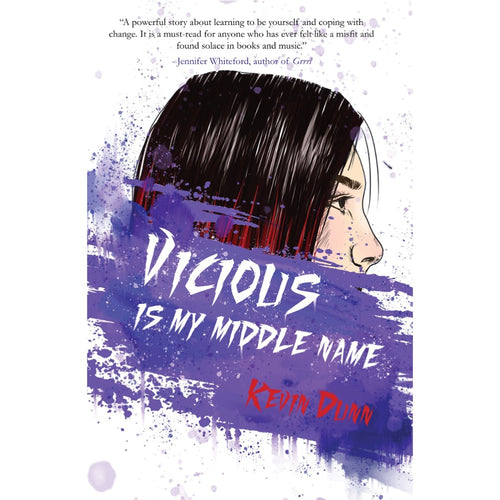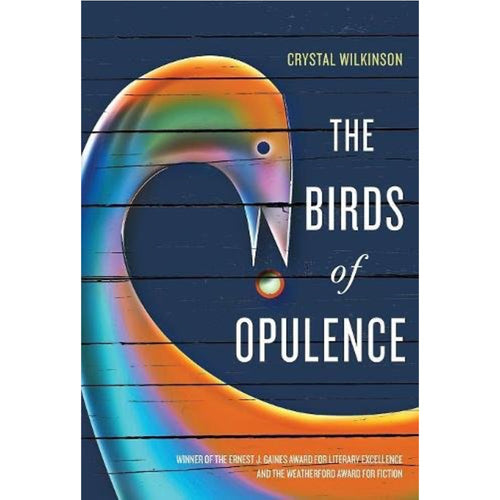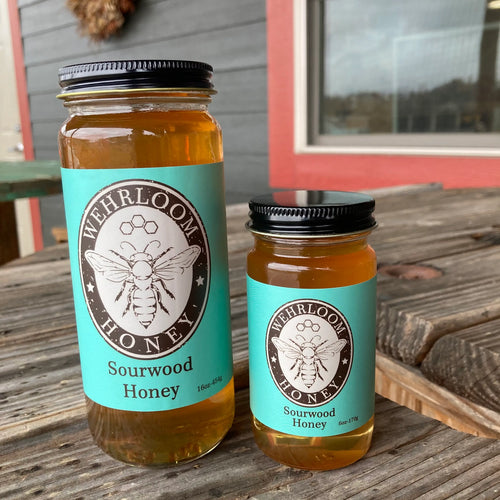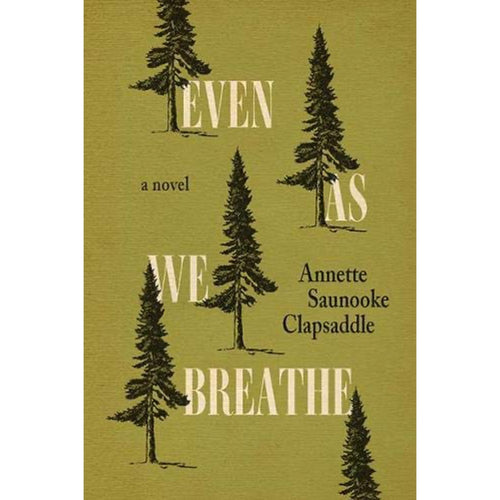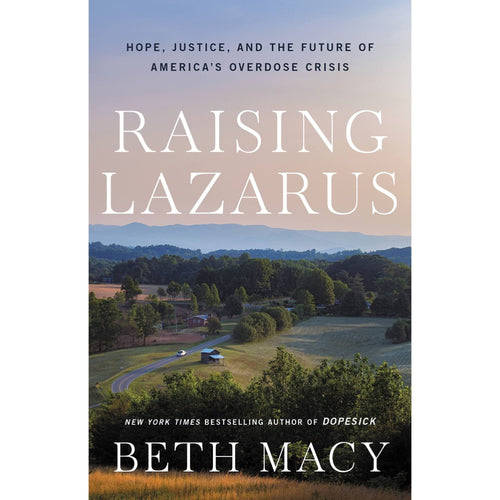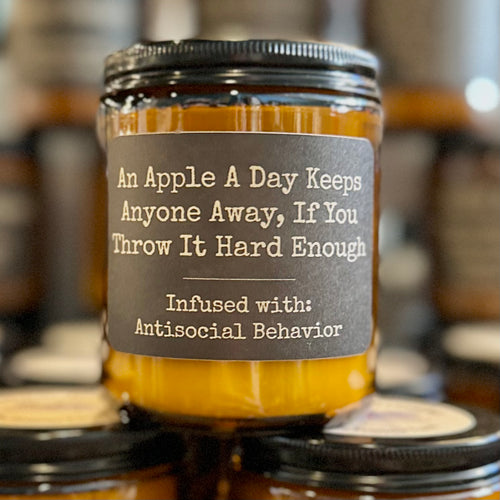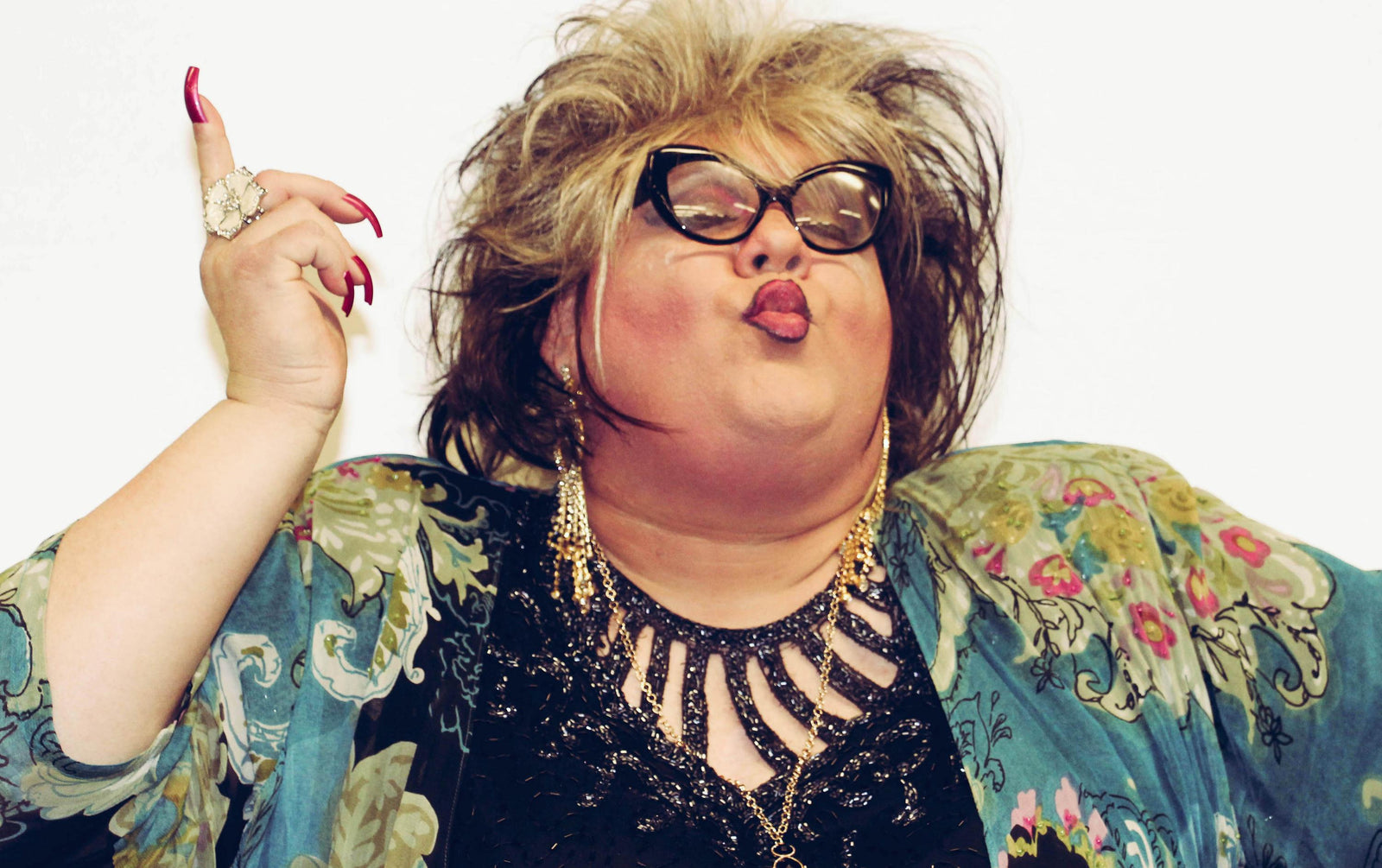
James Napier wears a lot of hats. Monday through Friday, he's a sociology professor at Mountwest Community & Technical College, where he helps students look beyond their own experiences and see larger social patterns. Seven days a week, he's an Appalachian native, one who is both proud of his roots and sometimes at odds with them. That's because James is also gay, and in some circles, that difference alone can be brutal.
But James' last hat is the one that really makes him stand out. In this case, the hat is actually a blond, teased out wig. When he wears it with shimmering women's clothes and fake lashes, James is transformed into another person entirely—the drag persona of Ilene Over.
Now, Ilene is a character, and by that I mean, two things. First, she's bawdy, funny, and whip smart, marrying James' sharp intellect with her own hilarious take on Appalachian life. Second, I mean that Ilene is an act, a performance. As James explains below, people cross gender lines for many reasons. For him, it's a chance to experience some glitz, some glamour, and like Flip Wilson, RuPaul, or Tyler Perry, to get people laughing.
That's exactly what Ilene hopes to do on October 22, when she performs Rainbow in the Mountains: Confessions of an Appalachian Drag Queen. The show starts at 7 PM in Virginia Tech's Shanks Hall, rooms 370/380. With a mix of storytelling, stand up, and lecture, it promises to be a one-of-a-kind show.
*
TR: Let’s start by talking about our mountains. You refer to yourself as an Appalachian drag queen. How is that different from, say, a Californian drag queen or a New England drag queen?
I believe what sets all Appalachians apart are the values we hold that are unique to us. Loyal Jones discusses these in his book Appalachian Values—individualism, self-reliance, pride, religion, neighborliness and hospitality, familism, personalism, and love of place. To be queer in Appalachia, I believe, puts us at odds with some of these values. For example, we have a love of place but may want to go somewhere we can live fully and openly as a queer person.
TR: It's interesting you mention moving. I think you saw my recent Facebook post pointing out that big cities aren’t always safe havens for GLBT people. According to 2013 FBI records, a GLBT person was 46X more likely to experience a hate crime in DC than neighboring Virginia, where I was raised. How have you been treated in West Virginia as a drag queen and a gay man?
JN: I don’t think the stats tell the complete truth. I believe a lot of incidents are not reported or misreported. There is resistance amongst rural law enforcement in reporting queer related issues. There seems to still be this taboo about even talking about queer stuff. There is also the fear factor for victims.
I also believe rural queers have this romanticized notion of queer life in the big city. Some of it is reasonable I think—support groups, activities, safety in numbers. But you are correct in pointing out acts of hate occur even in these gay meccas. They are not perfect places.
TR: And back to drag. It is its own category, distinct from transsexuals, right?
JN: Yes. There are various categories of crossing gender lines. One can never totally generalize to a group, but in general transvestites wear the clothing of the opposite gender for sexual gratification, Transsexuals seek to live and function as the opposite gender. Drag Queens generally enjoy the sparkle, the shine, the theater, the attention, but do not want to live as a woman nor is it a sexual fetish. Drag has been around for hundreds of years—the court jester challenging culture and society, pushing boundaries.
TR: For anyone who’s never felt the urge to dawn the opposite gender’s clothes, I imagine the big question is why? What inspires James to get on stage as Ilene Over?
JN: I saw my first drag show and was totally enamored with the flash, the sparkly clothing, the larger than life presence. I immediately thought, “Hell I can do that and probably better!” What kept me doing it—aside from good tips—was the responses from the audience. I loved seeing people’s faces, the smiles, hearing the clapping and cheering, and most of all hearing the laughter!
TR: How was all this for you growing up in a West Virginia holler?
JN: Growing up gay was hard as Hell. I constantly listened to my family and others talk about the “queers” in whispers and sometimes blatantly say hateful things. I knew I was different from a very young age, and I learned to hide a huge part of myself. To this day, no one in my family really knows me. I was bullied and made fun of for being different, and, of course, once word got out that when we played superheroes, I played the part of Wonder Woman, my life was hell. There were no TV shows with role models. There were no support groups. I was by myself and lonesome and frightened. It induced a lot of self-loathing that I still struggle with to this day.
TR: I get that. While I've been treated really well as a gay man in Appalachia, life as a teen in the 80's and early 90's was hard. My family was supportive, but some school kids were just brutal. Thankfully, attitudes are changing, and you're helping make that happen. One way is by being a sociologist drag queen—not many of those out there! How does your academic discipline inform your act?
JN: No, there aren’t many of us out there. Being a sociologist informs everything in my life, including my drag and performance. I can’t help but watch and analyze. I believe it provides another angle for me to evaluate my experiences as a person, as a queer Appalachian, and as an Appalachian drag queen.
TR: And it certainly makes for a rich show, adding brain power to the mix. Break a leg next Thursday, and if you can, check back in and let us know how it goes!


